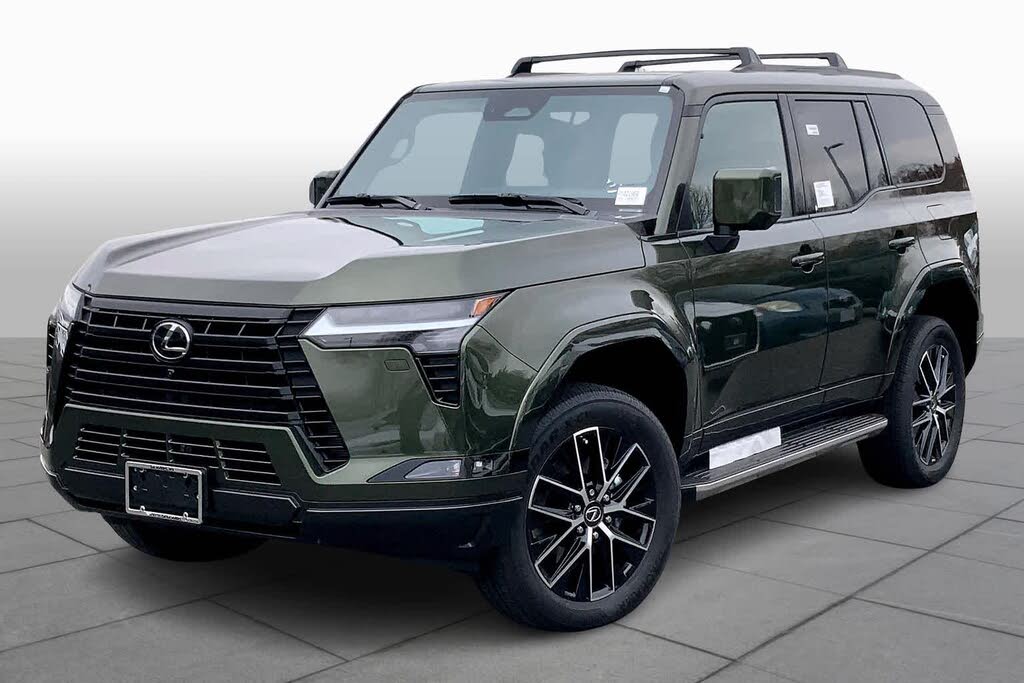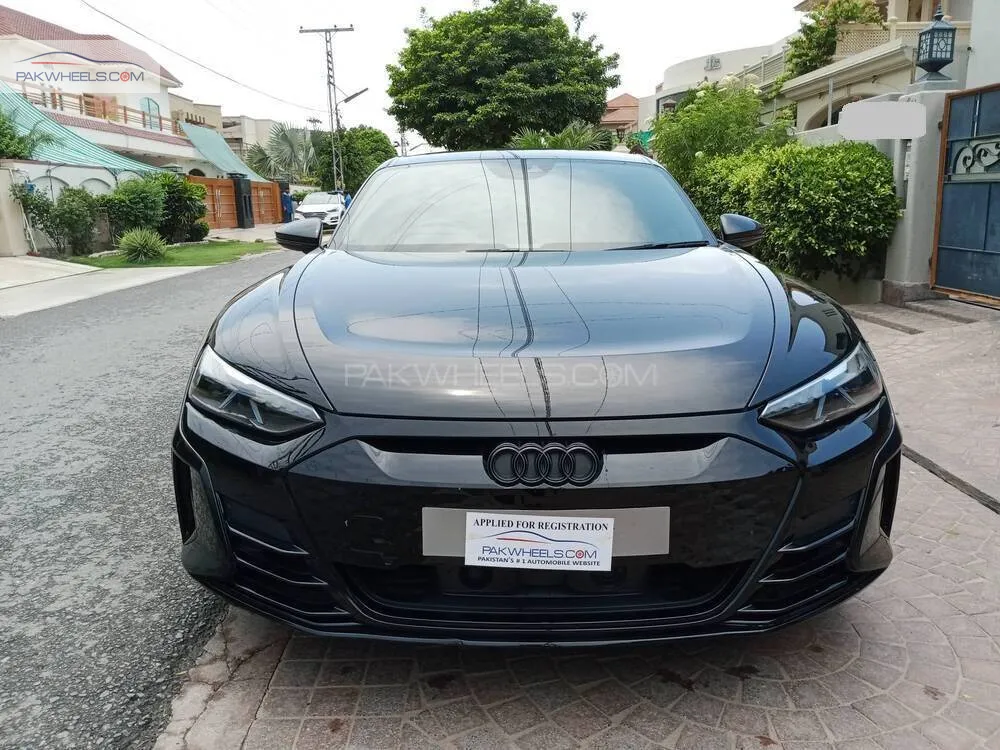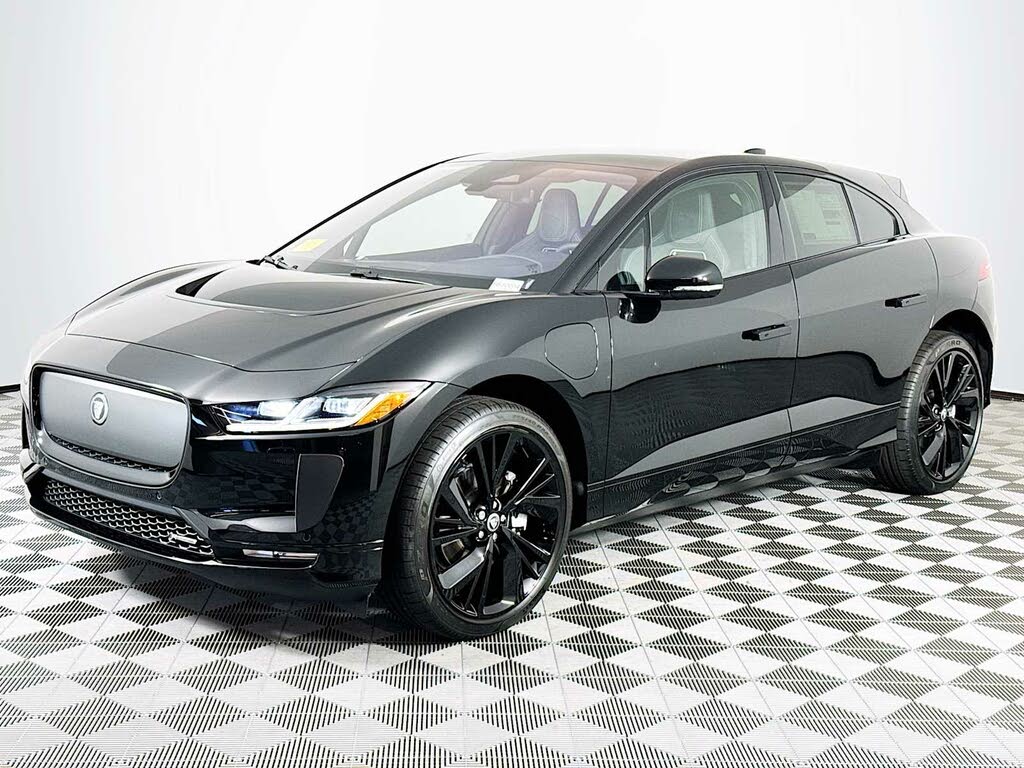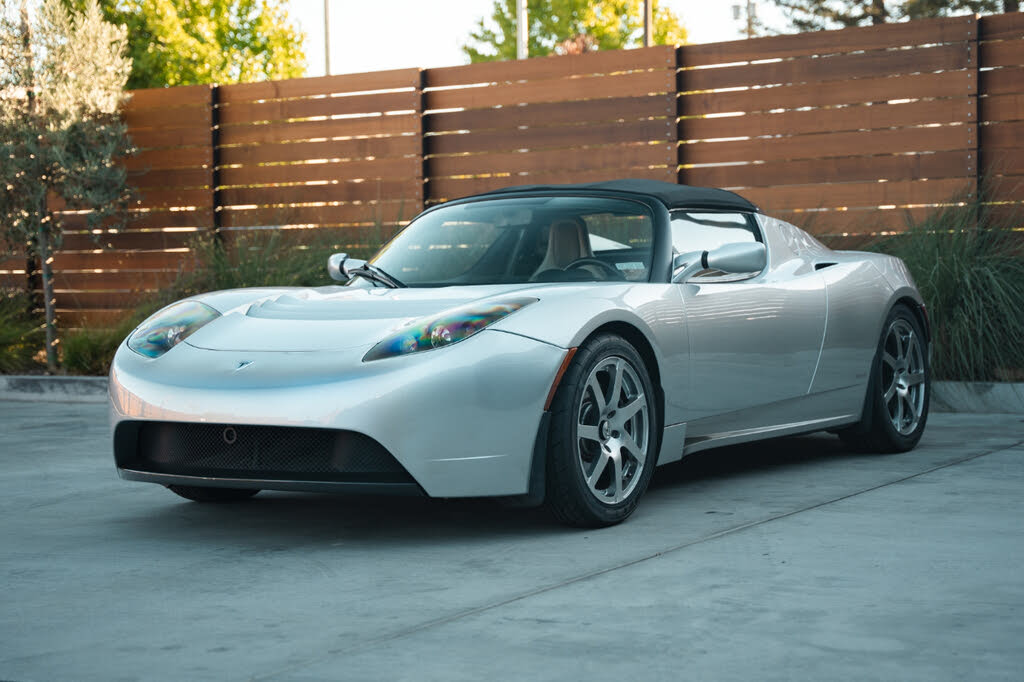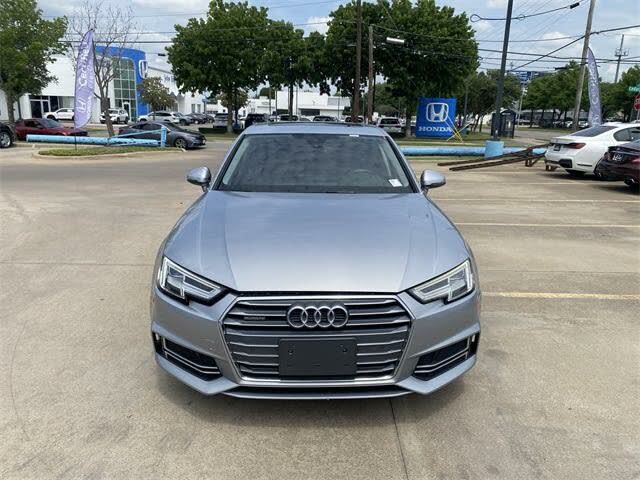In a bold strategic shift, Hyundai Motor Company has announced its transition to an all-SUV lineup, phasing out traditional sedans like the Accent to focus exclusively on sport utility vehicles. This industry-disrupting move comes as consumer preferences continue shifting toward versatile, high-riding vehicles across all market segments.
The SUV Revolution: Hyundai's 8-Model Offensive
Between 2018 and 2020, Hyundai plans to introduce eight all-new or completely redesigned SUV models to the U.S. market, creating one of the most comprehensive SUV lineups in the automotive industry. This product blitz began with the 2018 Hyundai Kona subcompact SUV and will eventually span from urban crossovers to full-size three-row family haulers.
Key Features of Hyundai's SUV Strategy:
- Market segmentation: Coverage from subcompact to full-size three-row SUVs
- Powertrain diversity: Gas, diesel, electric, and hydrogen fuel cell options
- Technology leadership: Advanced safety and connectivity across all models
- Design evolution: Bold new styling language starting with the Kona
Powertrain Innovation: Four Fuel Choices
What truly sets Hyundai's SUV initiative apart is its unprecedented powertrain diversity. The Korean automaker will become the only manufacturer offering SUV buyers four distinct fuel options:
--TOP ADVERTISEMENT HERE--
1. Conventional Gasoline Models
Hyundai will continue refining its efficient gasoline engines, with new Smartstream technology promising better fuel economy across all SUV sizes. The 2.5L Theta III engine in larger models delivers up to 281 horsepower while maintaining competitive EPA ratings.
2. Clean Diesel Options
For buyers prioritizing torque and highway efficiency, select Hyundai SUVs will offer updated R-series diesel engines. These turbodiesel powerplants achieve up to 30% better fuel economy than comparable gasoline models while meeting strict emissions standards.
3. Battery Electric Vehicles (BEVs)
Building on the success of the Kona Electric, Hyundai will expand its zero-emission SUV offerings with new dedicated electric platforms offering 300+ miles of range. The upcoming Ioniq 5 and 7 models showcase the company's advanced E-GMP architecture.
4. Hydrogen Fuel Cell Technology
As a leader in hydrogen mobility, Hyundai will offer fuel cell versions of its larger SUVs. The Nexo SUV demonstrates the technology's viability, with quick refueling and 380-mile range making it ideal for commercial fleets and eco-conscious consumers.
Market Impact and Consumer Benefits
This strategic shift responds directly to changing consumer preferences. SUV market share grew from 29% in 2009 to over 52% in 2022 according to MotorVero market research. Hyundai's comprehensive approach offers several advantages:
Why Hyundai's SUV Focus Benefits Buyers:
- More choice: A model for every lifestyle and budget
- Future-proof technology: From conventional to cutting-edge powertrains
- Resale value: SUVs typically depreciate slower than sedans
- Standard safety: Advanced driver aids across all trim levels
The SUV Lineup: From Subcompact to Three-Row
Hyundai's SUV expansion covers every major segment of the booming utility vehicle market:
--FIRST CONTENT ADVERTISEMENT HERE--
Subcompact Crossovers
The Hyundai Kona leads this segment with fun-to-drive dynamics and available electric powertrain. Its bold styling and tech-forward cabin set the tone for Hyundai's new design language.
Compact SUVs
The redesigned Tucson offers more interior space and hybrid options, competing directly with Honda CR-V and Toyota RAV4. Its long warranty and premium features provide exceptional value.
Midsize Two-Row SUVs
The Santa Fe Sport evolves into a more sophisticated offering with available turbocharged power and luxurious interior appointments rivaling premium brands.
Three-Row Family SUVs
A new Palisade successor will offer class-leading passenger space and innovative family-friendly features, challenging the Honda Pilot and Toyota Highlander.
Design and Technology Leadership
Hyundai's SUV push coincides with major advancements in vehicle design and technology:
Parametric Dynamics Styling
The new design language features geometric patterns, hidden lighting elements, and aerodynamic shapes that distinguish Hyundai SUVs from competitors.
--SECOND CONTENT ADVERTISEMENT HERE--
Connected Car Ecosystem
All new SUVs feature Hyundai's latest Bluelink telematics with over-the-air updates, digital key technology, and integrated voice assistants.
Advanced Driver Assistance
Hyundai SmartSense becomes standard across the lineup, including highway driving assist, remote parking, and improved automatic emergency braking.
What This Means for Sedan Buyers
While Hyundai phases out traditional sedans, the company notes that SUV buyers gain sedan-like handling through technologies like:
- Multi-link rear suspensions optimized for comfort
- Lower center of gravity in electric models
- Torque vectoring for improved cornering
- Weight-reducing aluminum components
- --FOURTH CAR LIST HERE--
The Future of Hyundai SUVs
Looking beyond 2025, Hyundai plans to:
- Introduce autonomous driving capabilities in premium SUVs
- Expand hydrogen fuel cell technology to more models
- Develop SUV-specific vehicle-to-grid technology for electric models
- Create more rugged off-road variants for adventure seekers
- --THIRD CONTENT ADVERTISEMENT HERE--
MotorVero's Take:
Hyundai's all-SUV strategy represents one of the most dramatic product transformations in recent automotive history. By offering diverse powertrains across all segments while maintaining value pricing, Hyundai positions itself as an innovator in the SUV space. Consumers benefit from unprecedented choice, though traditional sedan enthusiasts may need to look to Genesis for future low-profile vehicles.
